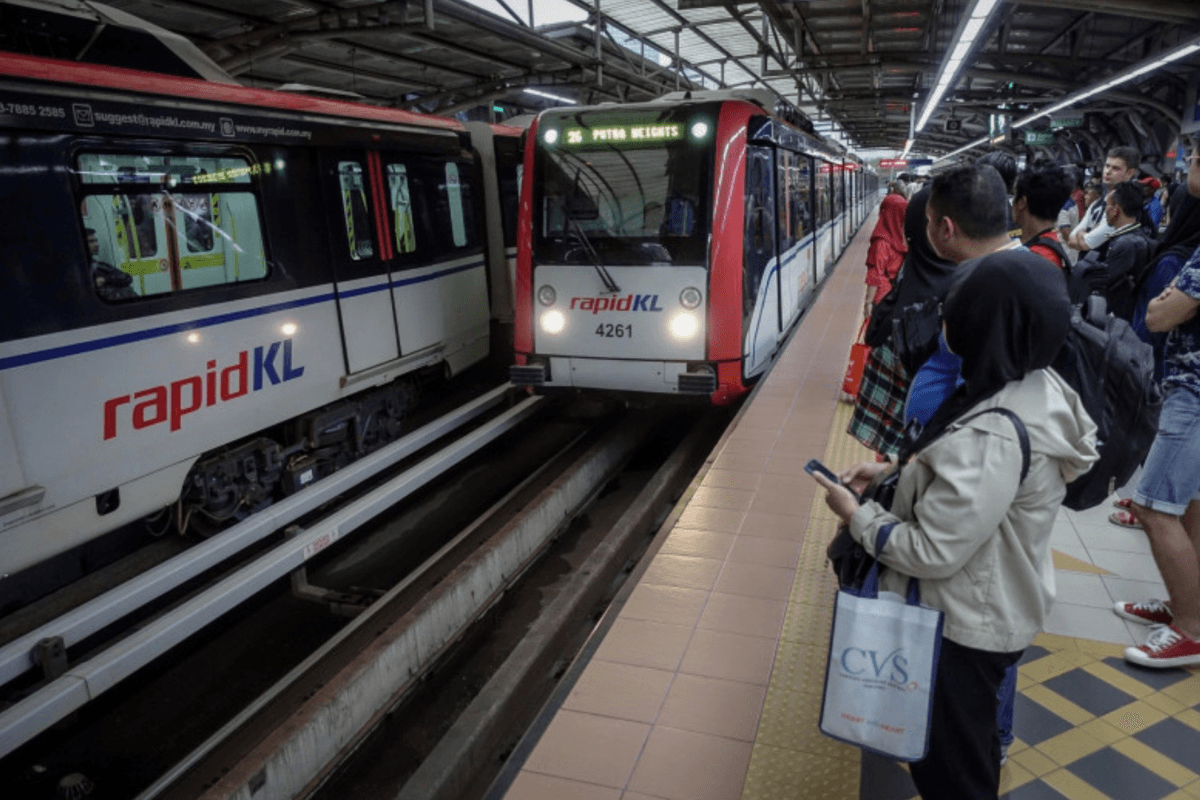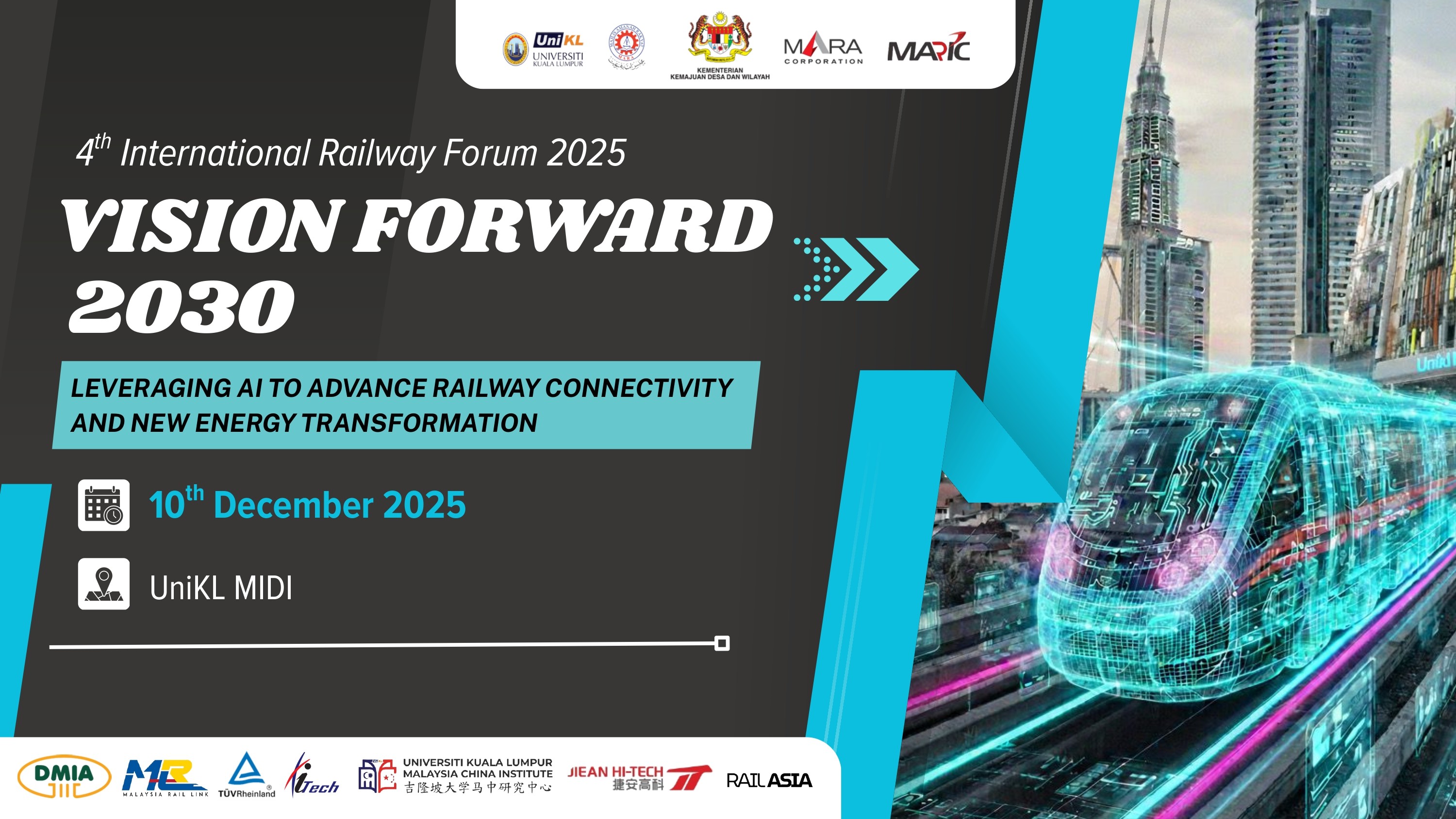Jul 22, 2025
Türkiye Secures $2.8 Billion Green Financing for Nakhchivan Rail Link
Türkiye has secured €2.4 billion (US$2.8 billion) in green financing for the construction of the Kars-Iğdır-Aralık-Dilucu Railway Project, a strategic infrastructure initiative aimed at improving regional connectivity with Azerbaijan. The funding marks a significant milestone in Türkiye's push for sustainable transportation infrastructure and closer integration with Asian rail networks.
The financing package, arranged under the coordination of Türkiye's Treasury and Finance Ministry, is backed by a consortium of global lenders. According to an official statement from the Ministry on August 1, 2025, the financing includes contributions from Japan's MUFG Bank, with export credit support from Sweden's EKN and Austria's OeKB. Additional support comes from the International Islamic Trade Finance Corporation, an Islamic Development Bank (IsDB) Group member.
The Kars-Iğdır-Aralık-Dilucu railway will provide a direct rail connection between Türkiye and Azerbaijan's Nakhchivan Autonomous Republic, bypassing Armenia and enhancing geopolitical and economic ties in the region. Treasury and Finance Minister Mehmet Şimşek described the project as "a critical element in strengthening Türkiye's trade corridors and logistics capabilities," emphasising its role in reducing travel times and emissions through a greener transportation model.
The 224-kilometre railway aligns with Türkiye's broader green transition agenda. The government highlighted the use of green financing as a testament to its commitment to climate-resilient infrastructure and the decarbonisation of transport systems. In line with international trends, Türkiye aims to reduce its carbon footprint while promoting regional economic integration.
The project is expected to significantly improve freight movement and enhance Türkiye's role as a key transit hub between Europe, the Caucasus, and Central Asia. Industry analysts believe this development will attract further investment into regional transport corridors, particularly those aligned with China's Belt and Road Initiative and the Middle Corridor strategy supported by Türkiye.
The railway is also viewed as a vital link in supporting post-conflict reconstruction and development in the South Caucasus, particularly following the normalisation of relations between Türkiye, Azerbaijan, and other regional actors. As Türkiye continues to invest in sustainable infrastructure, the Kars-Iğdır-Aralık-Dilucu line could serve as a benchmark for future transnational railway projects in Asia, combining economic development with environmental responsibility.
Related Post
Latest Post
Subscribe Us
Get Subscribe To Our Latest News & Update












